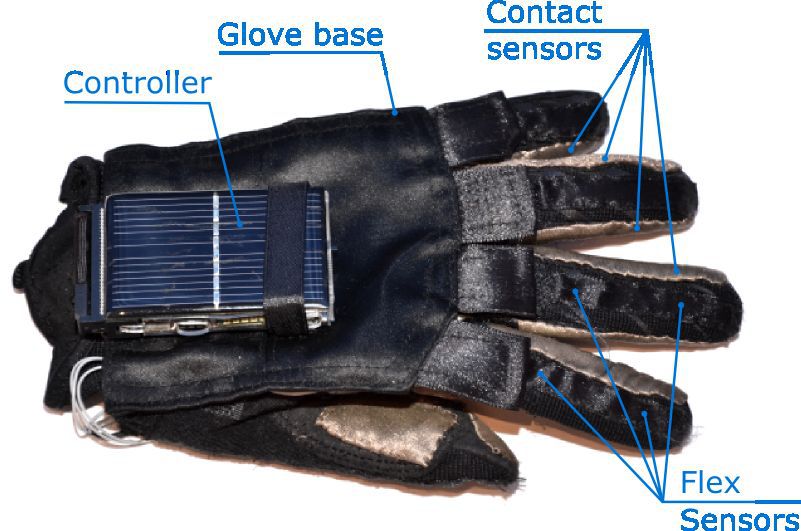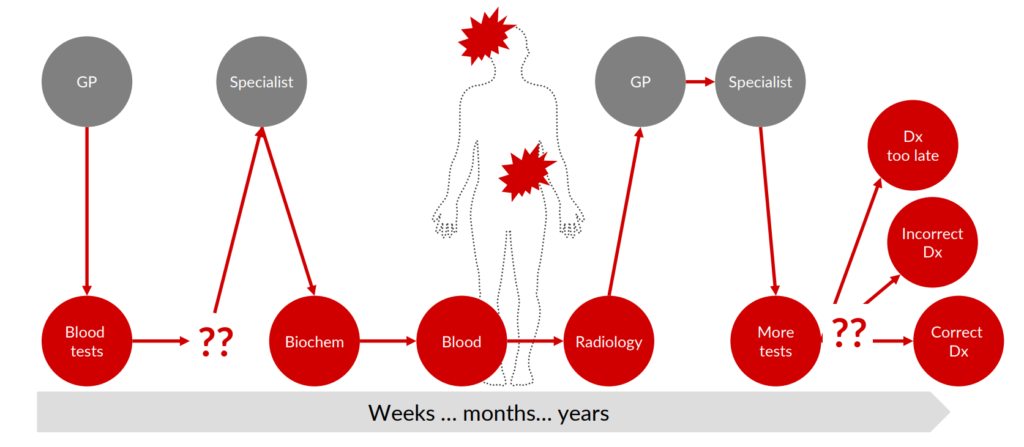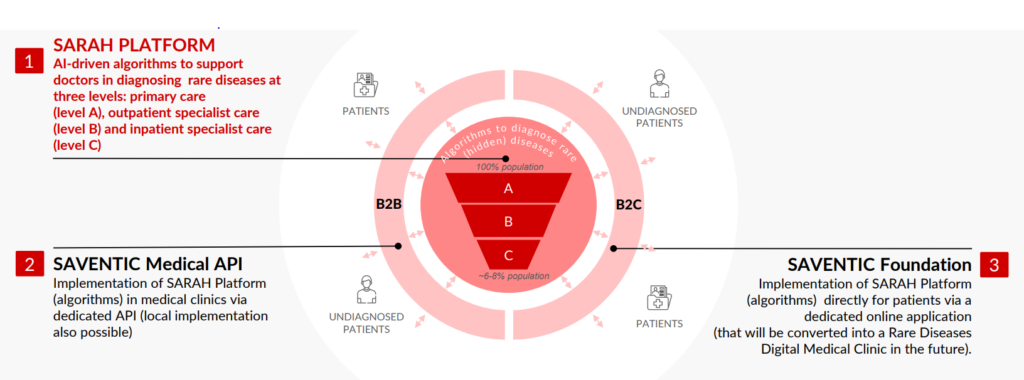
AstraZeneca, the renowned Anglo-Swedish drugmaker, has recently partnered with US-based Absci Corporation in a groundbreaking deal worth up to $247 million. The collaboration aims to leverage Absci’s artificial intelligence (AI) technology for large-scale protein analysis in the quest for an effective oncology therapy.
The use of AI in drug discovery has gained significant attention in recent years, as pharmaceutical companies seek innovative approaches to expedite the development of novel disease treatments while reducing costs. AstraZeneca’s collaboration with Absci is the latest in a series of partnerships between major industry players and emerging AI-focused enterprises.
Absci, headquartered in Washington state with an AI research lab in New York, employs its proprietary AI model to generate invaluable data through the measurement of millions of protein interactions. This data is then utilized to train the AI model, ultimately enabling the design and validation of viable antibodies – proteins that selectively target foreign substances in the body. By harnessing the power of AI, Absci aims to revolutionize the traditional drug discovery process.
The deal struck between AstraZeneca and Absci encompasses various components, including an upfront fee, research and development funding, milestone payments, and royalties on any product sales. The specifics of the targeted cancer type have not been disclosed at this time. However, this collaboration aligns with AstraZeneca’s broader objective of developing a new generation of targeted drugs to replace conventional chemotherapy.
Sean McClain, Absci’s founder and CEO, highlighted the potential advantages of applying engineering principles to drug discovery. McClain emphasized that such an approach enhances the likelihood of success while reducing the time required for development. This sentiment was echoed by Puja Sapra, Senior Vice President of AstraZeneca, who leads biologics engineering research and development. Sapra expressed excitement about the collaboration with Absci, emphasizing that AI not only accelerates the biologics discovery process but also enhances the diversity of the biologics discovered.
Collaborations between leading pharmaceutical companies and cutting-edge AI research firms have become increasingly prevalent in the pursuit of effective anti-tumor drugs. In September, US-based Moderna entered into a potentially lucrative agreement exceeding $1.7 billion with Germany’s Immatics for the development of cancer vaccines and therapies. Immatics utilizes T-cell receptor technology to target cancer-associated proteins.
AstraZeneca’s collaboration with Absci represents a significant advancement in the integration of AI technology into the drug discovery process. By combining their expertise, both companies aim to harness the power of AI to identify promising targets and design antibodies that could potentially transform cancer treatment. With the growing interest and investment in AI-driven drug discovery, we can anticipate further breakthroughs and advancements in the fight against cancer.
Sources:
AstraZeneca partners with Absci to design AI-generated cancer antibody – Copy.ai
AstraZeneca ties up with AI biologics company to develop cancer drug (ft.com)
AstraZeneca – Wikipedia, wolna encyklopedia
AstraZeneca, AI Biologics Firm Absci Tie up on Cancer Drug (usnews.com)















